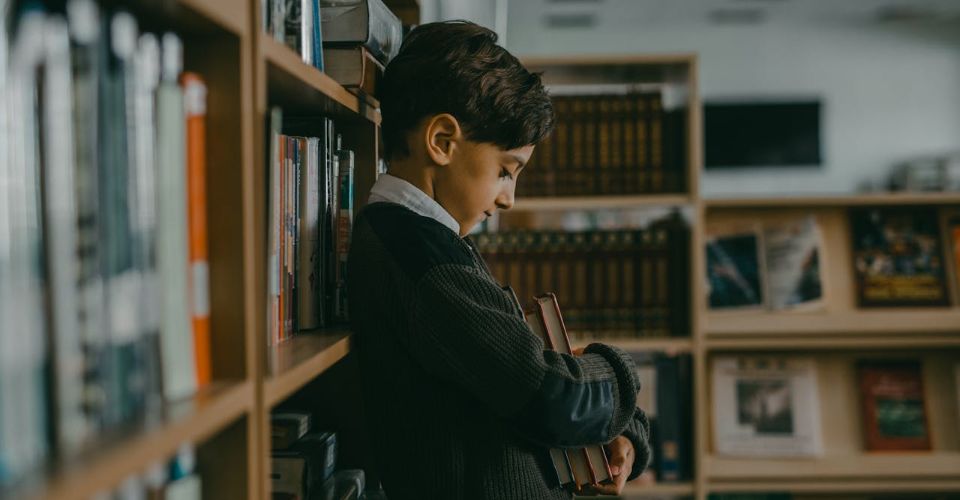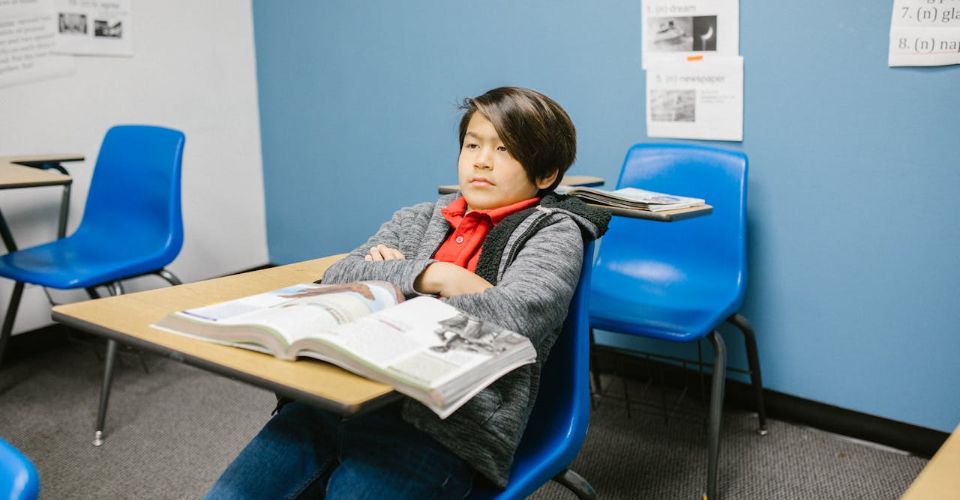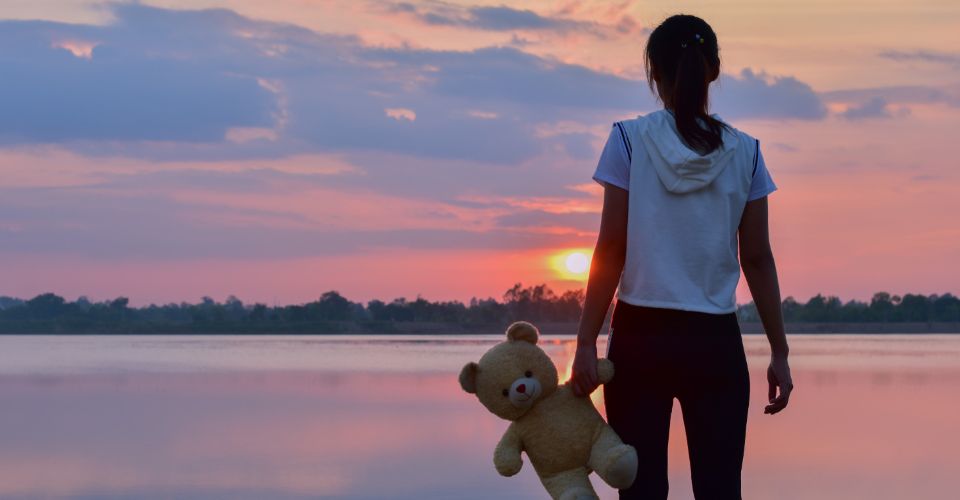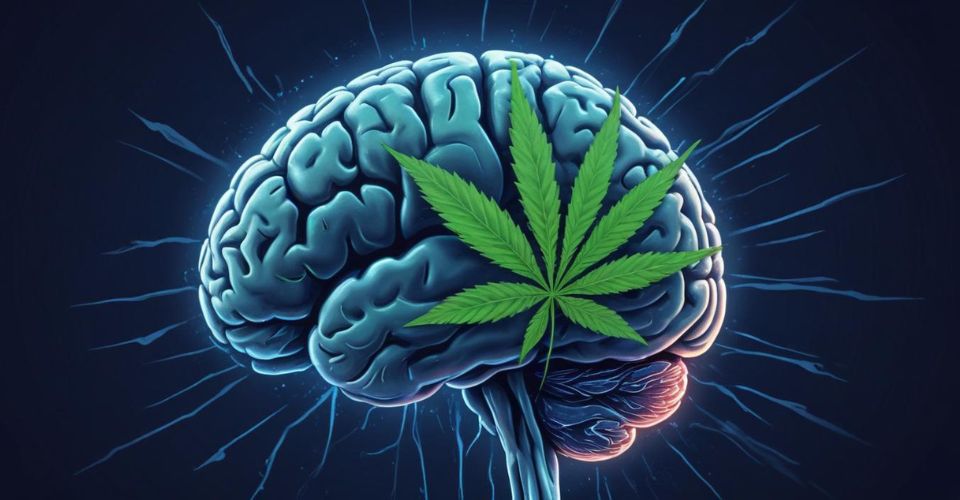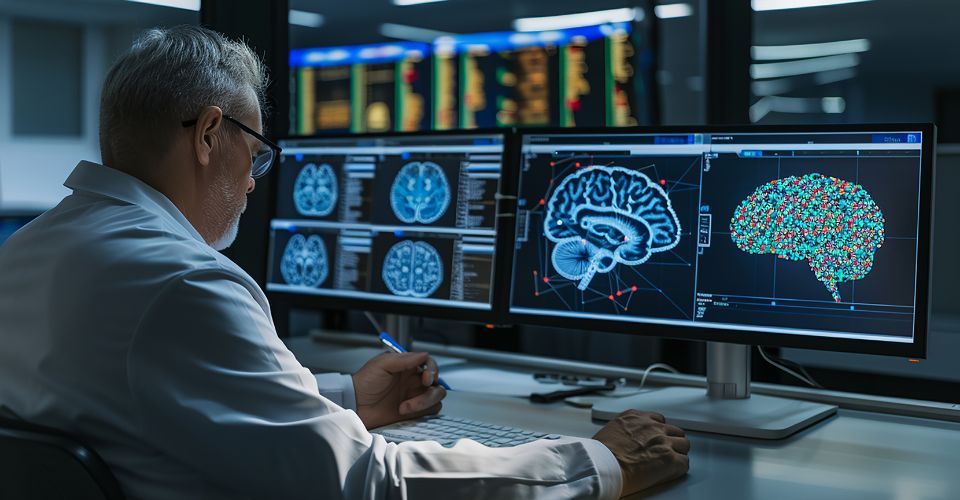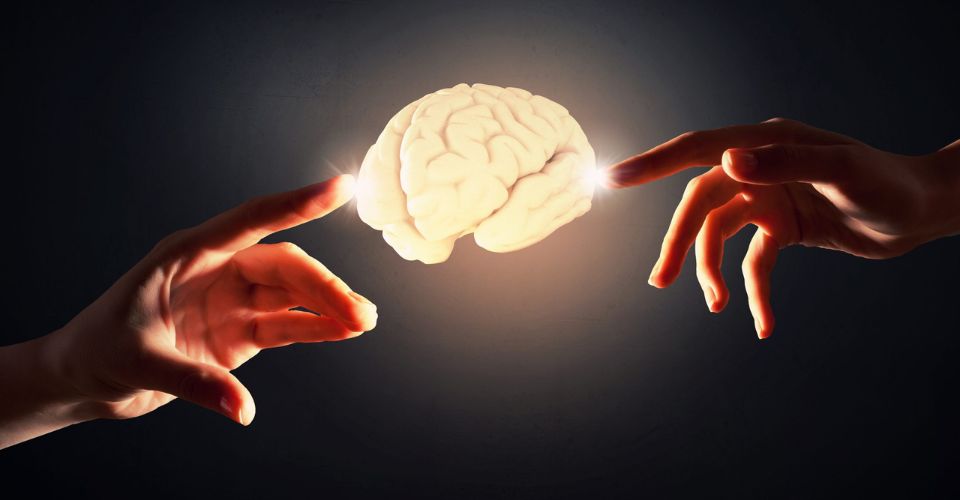Science News
Researchers at the University of California, Santa Barbara, provided a fresh insight into the “natural selection” theory by highlighting the importance of elders. The study is published in the Proceedings of the National Academy of Sciences.
The Traditional “Natural Selection”
In evolutionary biology, the long-standing theory of natural selection professes that reproductive abilities fuel the “force” of selection. When fertility ceases, this selection becomes blind to the bodies, which then become vulnerable to harmful mutations. In a way, the theory claims that death follows the end of fertility in living species.
Exceptionally “Human”
Studies, however, reveal that human beings are exceptionally different and do not operate according to natural selection. This link between fertility and longevity is disrupted in humans, wherein the ability to survive is not in sync with the ability to reproduce. This holds especially true for post-menopausal women who go on to have rather long post-reproductive lifespans.
In fact, it is seen that natural selection can be greatly influenced, throughout continued human reproduction, by the generations that have come before us. In most cases, these factors include our parents’ and grandparents’ ability to transfer resources generationally (like health, fitness, knowledge, etc.).
Intergenerational “Transfers”
Highlighting the importance of elders, researchers and experts attribute human survival to intergenerational “transfers” of resources—such as food surplus, a lifetime of knowledge and skills, worldviews, socialization training, etc.
Even if the elders’ reproductive ability has ceased, their usefulness in the post-reproductive lifespan persists. This “usefulness” also helps to ensure that they receive the surpluses, protections, and care from the younger groups.
In some ways, it appears that the long human lifespan isn’t just the result of advancements in health and medicine. In fact, unlike other species, human longevity is a story of intergenerational nurture and cooperation.
One of the lead researchers, Michael Gurven, elaborated: “Much of the huge value of our elders goes untapped. It’s time to think seriously about how to reconnect the generations, and harness some of that elder wisdom and expertise.”
To Know More You May Refer To
Davison, R., & Gurven, M. (2022). The importance of elders: Extending Hamilton’s force of selection to include intergenerational transfers. Proceedings of the National Academy of Sciences of the United States of America, 119(28), e2200073119. https://doi.org/10.1073/pnas.2200073119






